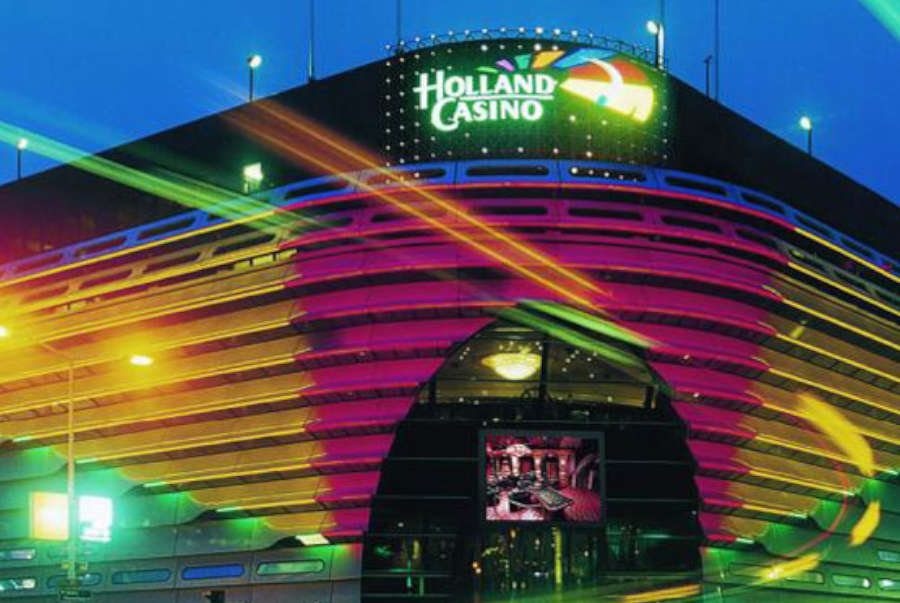- Illegal gambling in the Netherlands jumps by 20%
- The industry’s estimated at the same figures as before the increase
- The government to vote on the Remote Gambling Bill on February 5
Despite its gung-ho position on gambling, Dutch regulators have been unable to curb the rise in numbers of illegal bettors.
The Netherlands See Illegal Gambling Increase
Illegal gambling has been cited as a problem by the country’s regulator, the Kansspelautoriteit (KSA). In a bid to punish the so-called bad actors, in 2018 the Netherlands decided to go after established brands that have been offering localized betting solutions to Dutch citizens.
William Hill and Betsson have since contested the claims. Meanwhile, illegal gambling has grown by 20%, a Holland Casino report has established. Estimated 1.8 million people are now actively participating in offshore gaming websites.
However, the growing of the market has not occasioned an increase in revenue, with customers apparently practicing responsible gaming. The report put the gross estimate of the market at €600 million yearly.
To qualify as a gamer, a person must have wagered at least seven times in a year. Even though the majority of interviewed people said that they would prefer to wager with a licensed bookmaker or a casino, partly explaining why William Hill and Betsson have been successful in the country, people continue to turn to offshore operators.
In light of the steadily developing (illegal) gaming market, the Dutch government is now potentially missing out on €175 million in tax money every year, given the current levels.
Regulating the Dutch Gambling Market in 2020
The KSA has been calling for the regulation of the market for a while now. In 2018, government officials briefly considered addressing the issue and pushing through with it, but plans have since fall through, with a proposed bill being mothballed instead.
KSA officials criticized the government for failing to act in its full capacity and start regulating the industry as intended. The bill also touched upon on “bad actors”, i.e. casinos that have been offering products to Dutch gamers without permission.
Even brands such as William Hill and Betsson were targeted (hence the litigation). The bill has now been in a sort of limbo since 2016, but the House of Representative is picking up the subject again on February 5.
Fighting Addiction in a Lawless Market
Despite the growing number of gamblers, the level of gambling addicts hasn’t been increasing. According to Holland Casino, the property has been able to actively curb gaming habits spiralling out of control thanks to advanced algorithms identifying customers with unhealthy gaming habits.
Meanwhile, the KSA has been actively seeking to mete out punishment for what it considered illegal activities. The regulator issued nearly $2 million in penalties in 2018, an unprecedentedly high level.
However, in light of the recent findings, the KSA may be coming to realize that applying financial punishment would do little to actually address the bigger question – how does the country gets its people to play with legalized operators.
Passing the Remote Gaming Bill and licensing operators would be the first logical thing to do.


